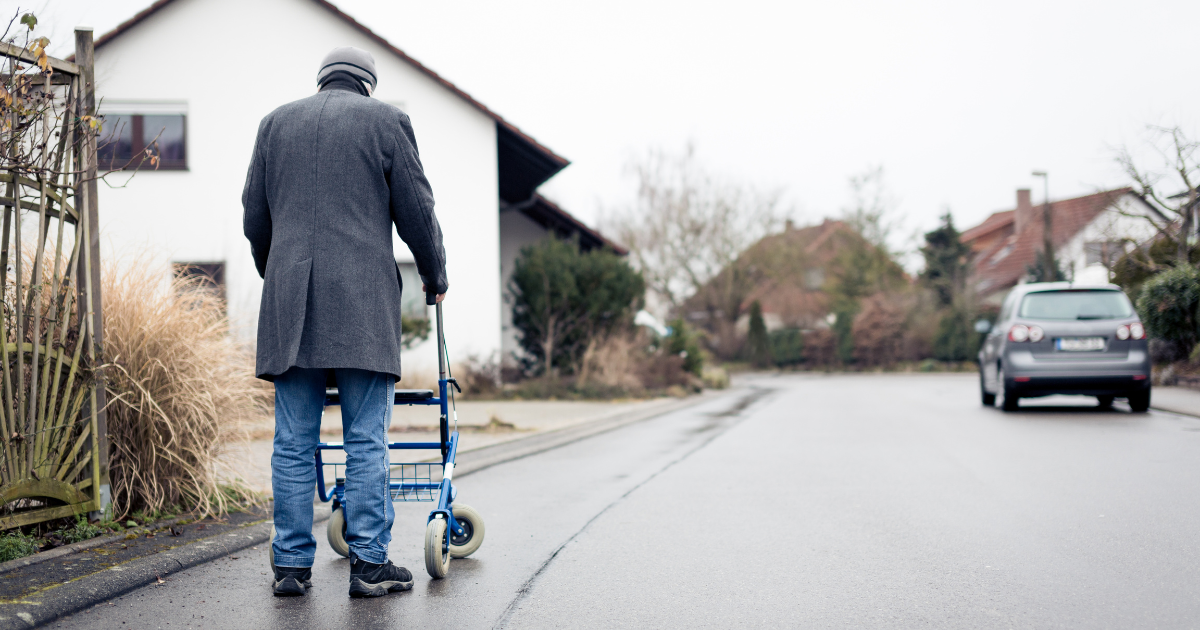Groundbreaking research by the .NeuroRestore centre, published in Nature, has identified the neurons responsible for paralysis recovery.
Nine patients with complete or severe lower body paralysis regained or improved their ability to walk following targeted electrical stimulation of specific neurons, first identified in mice.
Experts have long used electrical stimulation of the spine to reduce pain, but the new research, known as Epidural Electrical Stimulation (EES), also saw people with enough functioning neurons in the affected area see incredible recovery.
Researchers identified the neurons responsible for recovery from paralysis in mice, creating a gene expression map in the spinal cord of the rodents. This allowed them to identify a family of neurons called V2a neurons, which, interestingly, are not involved in how someone walks before experiencing a spinal injury. They are, however, fundamental in the recovery of walking and movement following such an injury, with the researchers understanding that the “sustained recovery of walking suggested that EESREHAB remodels the spinal cord.”
Nine individuals had electrical devices implanted in their spinal cord, with Electrical stimulation delivered to different key areas via artificial intelligence. Participants were asked to walk as far as possible in 6 minutes, walking for nearly 25 metres with the support of a frame. Over five months, with additional physiotherapy, the participants continued to receive EES – resulting in them walking around 50 metres in 6 minutes on average.
Researchers Kee Wui Huang and Eiman Azim, at the Salk Institute for Biological Studies in California, opined in an accompanying article,
“These results support a model in which EES triggers V2a neurons to drive a reorganization of spinal circuits and promote the restoration of motor function. The identification of a recovery-organizing cell type is a big step forward in our understanding of the mechanisms that underlie [electrical stimulation] rehabilitation.”
Study author Jordan Squair said, “This paves the way to more targeted treatments for paralyzed patients. We can now aim to manipulate these neurons to regenerate the spinal cord.”
Read the full study in Nature nature.com/articles/s41586-022-05385-7
Find a specialist in spinal cord injury
NRC Medical Experts is a chamber of medical expert doctors skilled in all aspects of neurological disability, injury, and rehabilitation – including spinal injury experts.

